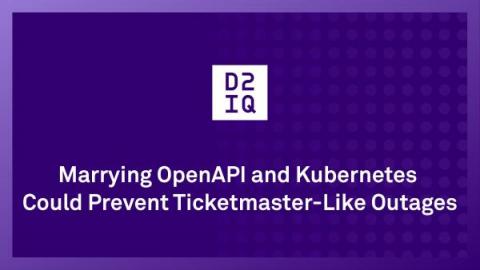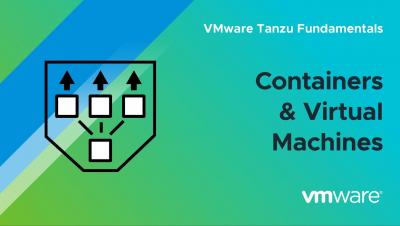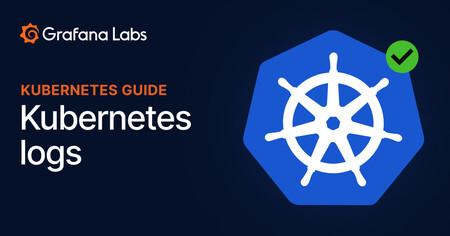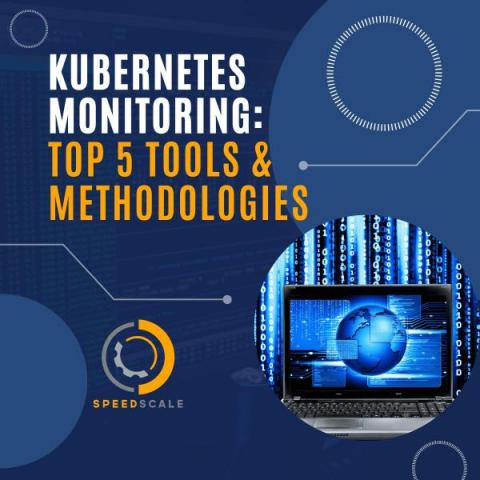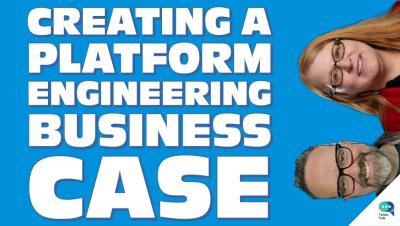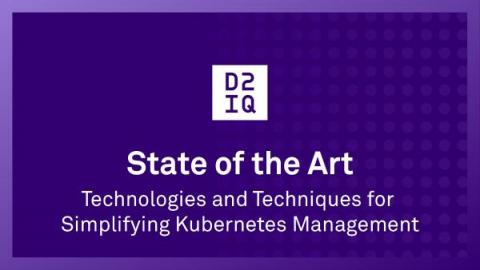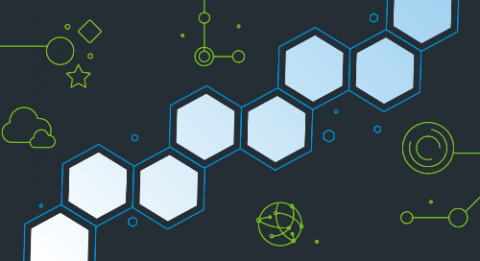Canonical Kubernetes 1.27 announcement
Following the release of upstream Kubernetes on 11th of April, Canonical Kubernetes 1.27 is generally available in the form of MicroK8s, with Charmed Kubernetes expected to follow shortly. We consistently follow the upstream release cadence to provide our users and customers with the latest improvements and fixes, together with security maintenance and enterprise support for Kubernetes on Ubuntu.




